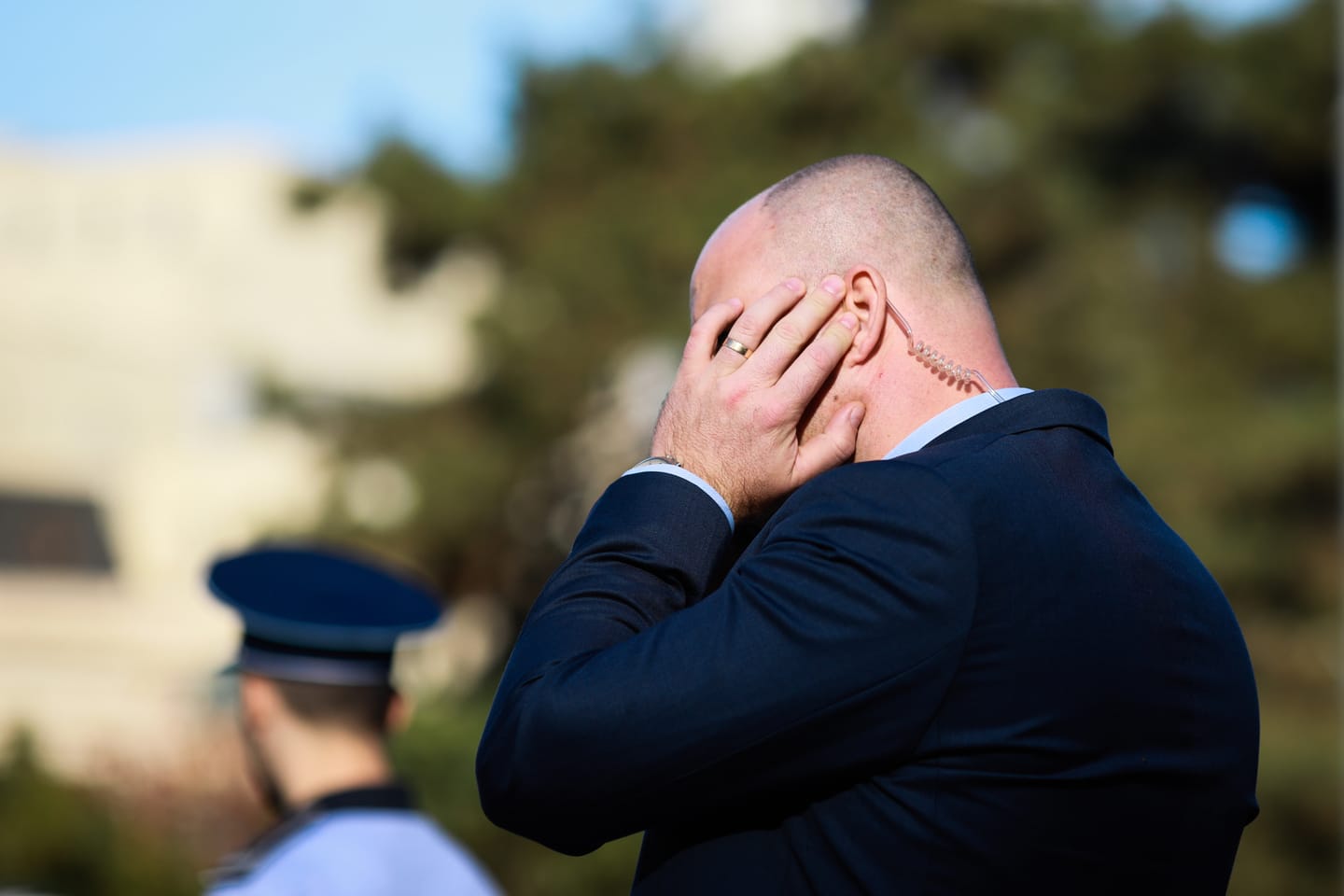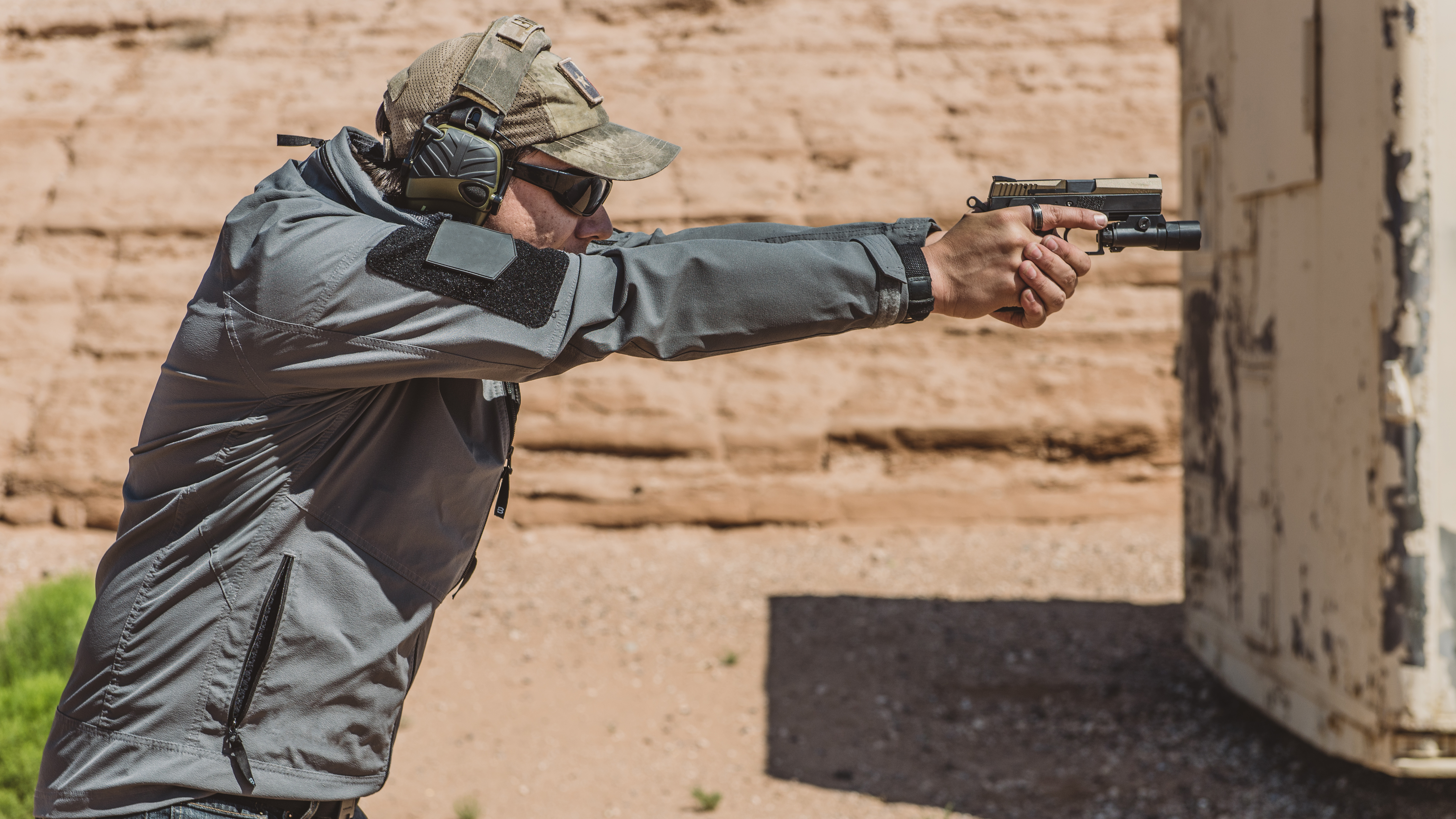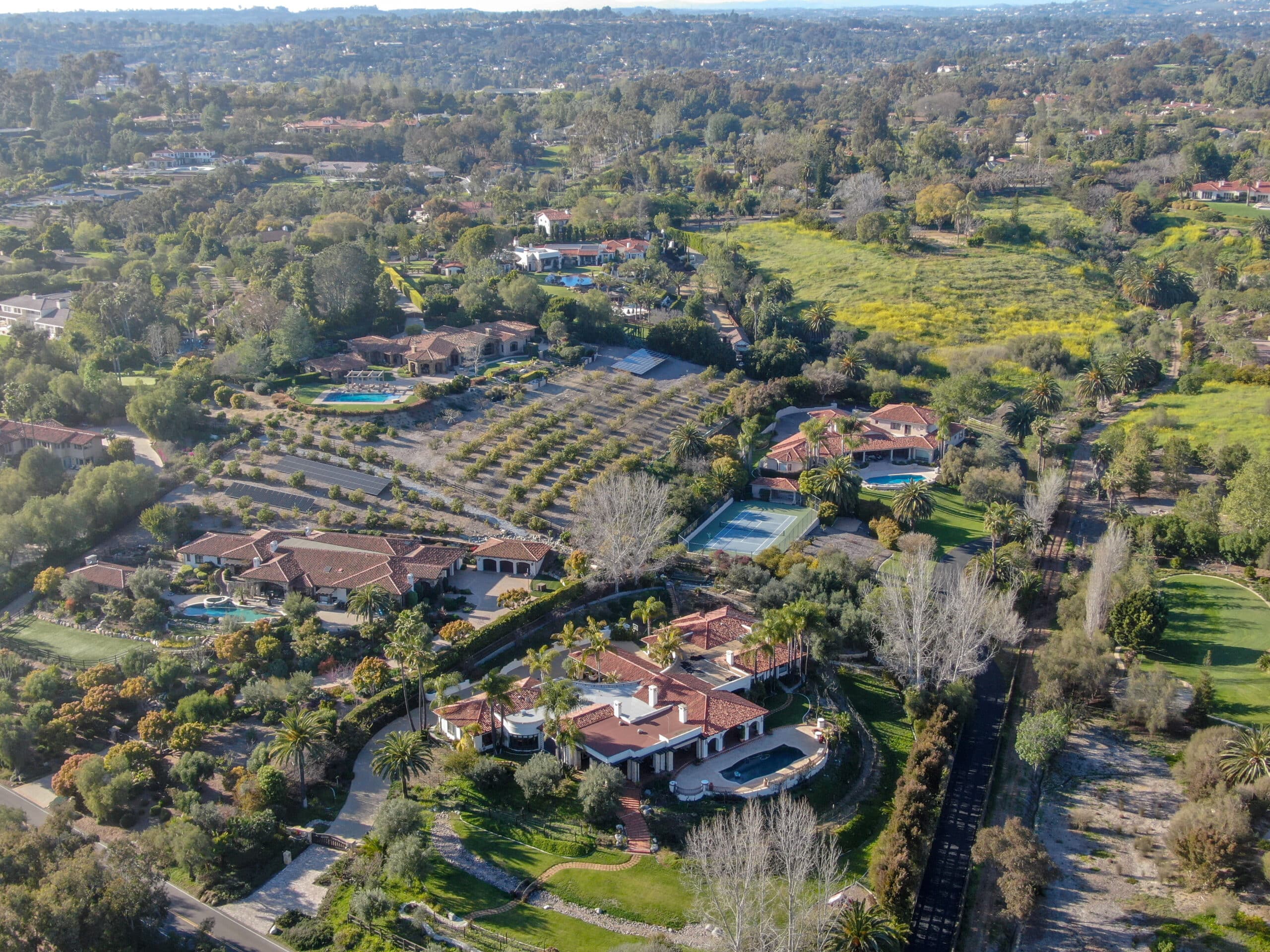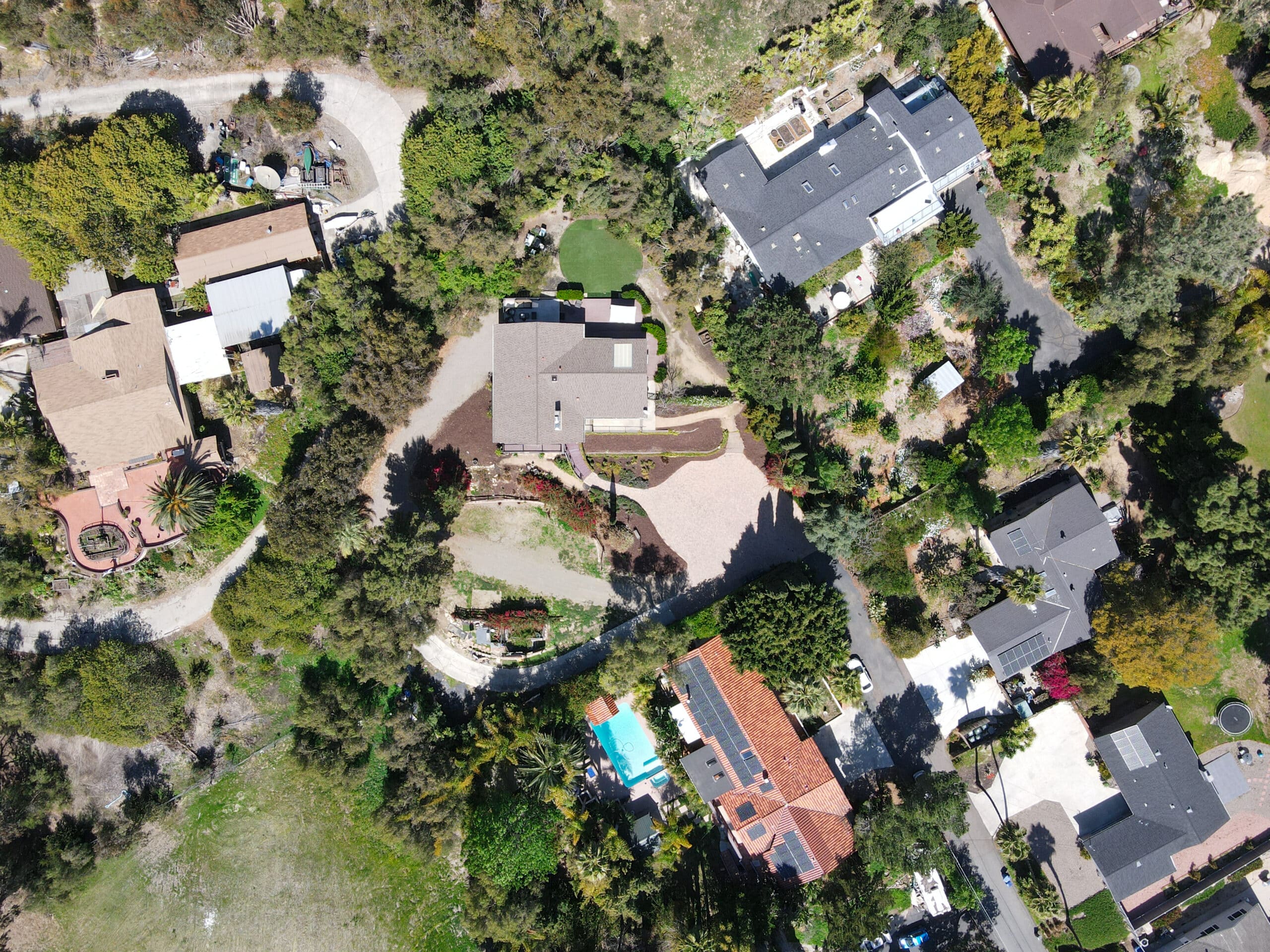Have you ever experienced the excitement of a live concert, knowing someone is there to protect you? That’s what Armed Security does – they’re the unseen heroes ensuring your safety while you enjoy life. But have you ever wondered what happens behind those uniformed figures at entrances or patrolling perimeters?
In our ever-changing world, we often take the reassuring presence of these unassuming guardians for granted. They quietly watch over us, yet we seldom acknowledge their existence as we hurry past.
Let’s step into their shoes for a moment. We’ll explore why businesses require armed security guards, learn about various services offered today, and delve into risk management within this industry.
You might end up with newfound respect for these protectors… So buckle up – it’s time to step into the intriguing realm of Armed Security Guards!
Table Of Contents:
- Understanding Armed Security
- Types of Armed Security Services
- Risk Management in Armed Security
- Legal Aspects of Armed Security
- Common Malpractice in Armed Security
- Best Practices for Armed Security Professionals
- Recent Trends in Armed Security
- Frequently Asked Questions about Armed Security
- Conclusion
Understanding Armed Security
Many agents are deployed to protect lives and assets in the armed security realm. Businesses frequently seek assistance from these skilled professionals to ensure their safety when encountering mounting dangers.
The Role and Importance of Armed Security
Armed security guards are typically called upon when other forms of protection fail to deter threat activity. These seasoned experts possess specialized training that enables them to handle high-risk situations effectively.
From guarding jewelry stores against thefts to providing a safe environment at large-scale sporting events, the job functions of armed security professionals vary widely based on the nature of the risks involved. Leading names in this sector emphasize how vital their role can be in today’s volatile climate, where crime rates continue rising.
Beyond simply being a deterrent force, an essential aspect involves active surveillance monitoring and effective access control system management. This dual approach not only ensures comprehensive physical Security but also acts as an additional layer for detecting potential breaches early on – thereby helping reduce life risks significantly.
Understanding armed security guards means recognizing their multi-faceted role – from front-line defense against immediate threats to proactive risk mitigation strategies for long-term safety assurance.
Types of Armed Security Services
Let’s explore the two primary types: contract and private security services.
Contract Security Services
Contract security refers to firms hired by businesses or individuals to provide safety measures. They can offer various services from retail establishments, like jewelry stores, to high-profile sporting events.
Private Security Services
Moving on, we have private security services, typically employed directly by the client they serve, often providing more specialized protection based on unique needs or threat activity levels. These professionals may operate at access control points like door entrances or surveillance monitoring stations within business complexes.
Beyond this dichotomy between contract and private sectors, a broader spectrum encompasses job roles such as bodyguards, estate security consultants, and maritime piracy specialists.
But, when it comes to ensuring your peace of mind through robust defense against potential threats – the choice isn’t just about hiring an ‘armed guard.’ It’s about deciding which service suits your requirements to ensure you feel secure against potential dangers.
Risk Management in Armed Security
Every day, security professionals face potential life risks. Effective risk management is crucial to minimizing these threats and maintaining safety. It starts with a thorough threat assessment and analysis.
Armed guards are trained to analyze the environment for suspicious activity or potential hazards. They use their expertise to identify patterns of crime rates that might affect the client’s business or residence.
One key aspect of managing risks involves implementing robust access control systems. This prevents unauthorized entry and allows for surveillance monitoring, adding an extra layer of protection.
Creative Security, one company offering armed security services, uses advanced technologies as a risk management approach. The firm understands how escalating situations can be mediated using appropriate tactics that form part of its security guard training.
A sound system will have features like door access controls at apartment complexes or concierge desks at retail establishments where there’s high footfall traffic due to varying customer needs and frequent deliveries from suppliers who need restricted areas clearance upon arrival – all aspects being monitored closely by our team members on the ground so nothing goes unnoticed.
Legal Aspects of Armed Security
The legal aspects that govern the operation and conduct of armed security professionals are vital. Licensing, firearm training regulations, and use-of-force laws ensure they can carry out their duties safely.
Licensing and Registration Requirements
You need a specific license or registration card to become an armed guard. Different states have distinct regulations for acquiring a license or registration card to become an armed security guard. Still, they usually involve undergoing background investigations, fingerprinting, and participating in firearms instruction.
Firearm Training and Regulations
Becoming an armed security professional requires more than just owning a gun. You have to undergo rigorous firearms training requirements to handle potential life risks professionally. Some states also mandate regular retraining sessions to maintain your guard registration card.
Use of Force Laws
A crucial part of being an armed security officer is understanding when force is legally justified. Use-of-force laws provide guidelines on this issue – from verbal warnings to using pepper spray or tear gas in escalation situations.
Note: This section doesn’t serve as legal advice but provides general information about the subject.
Common Malpractice in Armed Security
Some practices can undermine the integrity and effectiveness of security professionals, leading to unfortunate incidents or breaches.
The Importance of Background Checks in Preventing Malpractice
A key factor often overlooked by some firms is the thoroughness of background checks. A lax approach here can make individuals prone to misuse their power. For instance, inadequate background checks might overlook a history suggestive of an inappropriate use of force.
Lackluster training methods also contribute significantly to malpractices. Often, guards are thrust into roles they’re ill-prepared for due to lackadaisical guard training efforts. It’s like giving someone pepper spray but not teaching them when it’s appropriate—or legal—to use it.
This scenario becomes more dangerous when firearms are involved; after all, these aren’t props—they’re potentially lethal weapons. An improperly trained guard could pose a risk equal to or greater than the threat they were hired to mitigate.
To illustrate this point further, Imagine you hire a personal trainer who has only read about workouts online but never stepped foot inside a gym – wouldn’t that be absurd?
Global Risk Solutions takes these matters seriously – conducting comprehensive background checks and drug screenings for their armed professionals as part of standard procedure.
Best Practices for Armed Security Professionals
The job of an armed security professional involves more than just holding a weapon. It’s about ethical conduct, practical communication skills, and situational awareness.
Professionalism and Ethical Conduct
A successful security guard should be respectful, trustworthy, and uphold high moral standards. They must follow laws diligently while respecting the rights of individuals they safeguard.
Effective Communication Skills
Beyond being able to diffuse conflicts verbally or through mediation when faced with escalation situations, armed guards must communicate effectively with team members and clients. Good listening skills can help identify potential threats early on.
Situational Awareness and Observation
This goes beyond simple surveillance monitoring – it’s a deep, real-time understanding of their environment. This skill helps detect suspicious or threatening activities that could lead to security breaches at sporting events or retail establishments. Staying aware can make all the difference between stopping a crime before it starts or dealing with its aftermath.
Note: The best practices discussed here aren’t exhaustive but form the foundation upon which excellent service is built by top-tier firms such as Global Risk Solutions (GRS).
Recent Trends in Armed Security
The field of armed Security is not immune to the influence of emerging technologies. Tech integration has become a trendsetter for the industry.
Technology Integration in Security Systems makes waves by streamlining operations and enhancing efficiency. Advanced access control systems now have biometric recognition and AI-powered surveillance monitoring, allowing quicker threat identification.
Artificial Intelligence (AI) & Machine Learning (ML)
Adopting AI and ML within armed security services marks another significant development. These tools assist professionals in predicting potential threats more accurately than traditional methods could ever achieve.
Mobile Security Applications
Mobile applications have been introduced into security services to ensure on-the-go safety. These apps offer real-time alerts about suspicious activities or breach attempts – an innovation that gives clients and guards added peace of mind.
In this rapidly evolving landscape, staying updated with these trends will help businesses better prepare against potential threats while ensuring optimal protection.
Frequently Asked Questions about Armed Security
What is the definition of armed Security?
Armed Security refers to professionals trained in threat detection and response carrying legal firearms as part of their job.
What is the difference between an armed guard and a security officer?
An armed guard carries a firearm for protection. A bodyguard security may not be weaponized but still monitors safety and prevents criminal activity.
What gun do security guards carry?
The choice varies by law, company policy, or personal preference. Often, it’s handguns like Glocks due to their reliability.
How much is a security guard card in California?
A Guard Card costs around $60, plus additional fees for fingerprinting and training, according to Bureau Security Services Online.
Conclusion
Armed Security isn’t just a job; it’s an essential lifeline for safety. From contract to private services, they are the silent professionals safeguarding us.
Risk management in this field is paramount. Crime rates and threat assessments dictate their roles, while access control systems help them stay vigilant.
Legal aspects aren’t ignored either; rigorous firearm training regulations ensure our protectors know when and how to act. Yet despite strict laws, malpractices occur – highlighting the need for stringent background checks and extensive training.
Professionalism and ethical conduct define these heroes’ ethos, while technology trends push boundaries further. They’re always on guard so we can enjoy life without fear…
To appreciate armed Security is to understand their world better – it’s about recognizing their tireless commitment to making ours safer!













